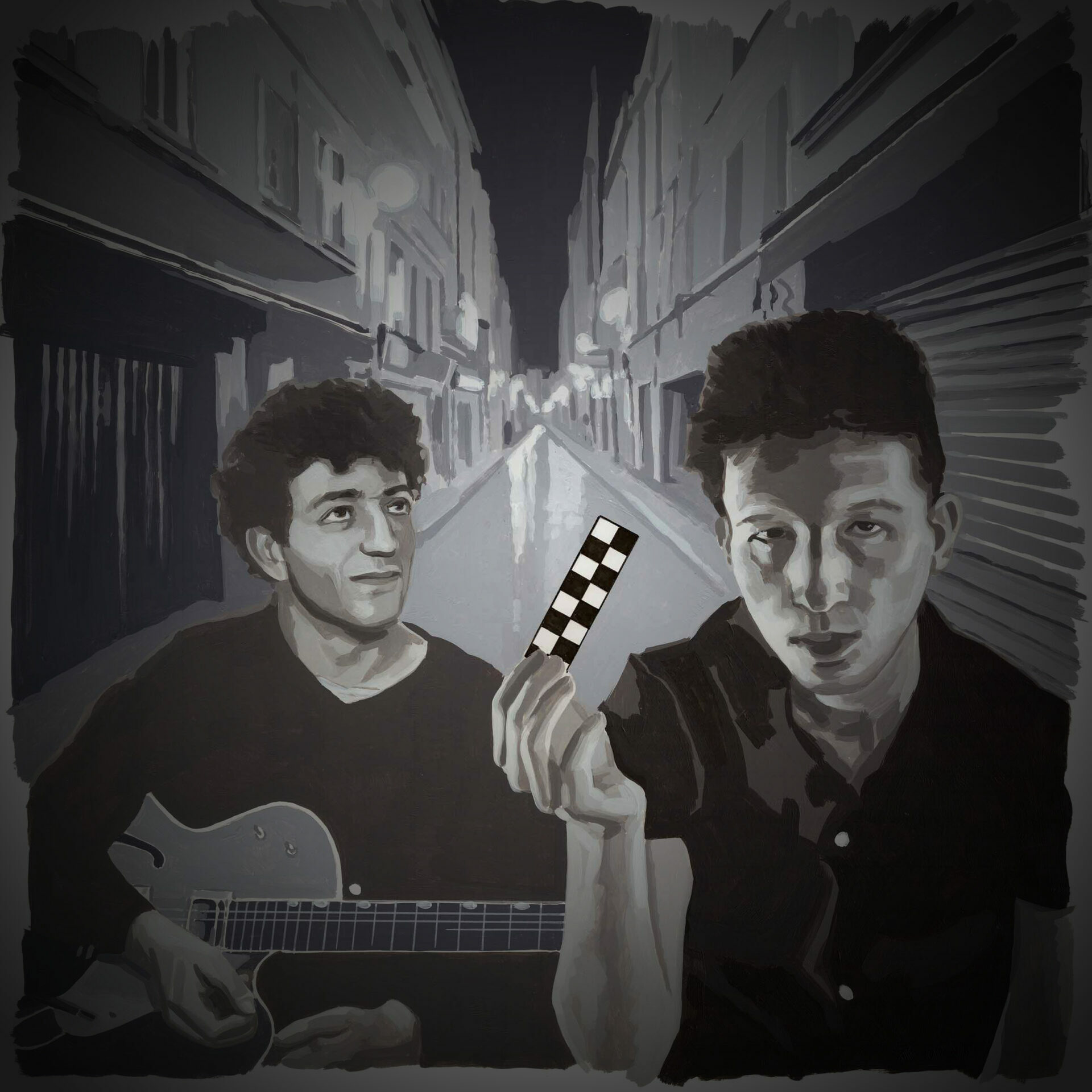
The Mitzpah project is the fruit of the collaboration of Gregory Davidow (singer of the first historical punk band of the Eastern bloc: Spions) and Hervé Zénouda (drummer of the Punk and New Wave Parisian scene, then drummer of the pioneer band Stinky Toys).
In the summer of 1981, the punk wave is over, a new decade opens. The Stinky Toys have separated, Spions has just made an album on the Dorian label (Modern Guy, Jacno…) with Artefact (Maurice Dantec), Claude Arto (Mathématiques Modernes) and Hervé Zénouda on drums. Gregory is about to leave Europe for the United States.
Le projet Mitzpah est le fruit de la collaboration de Gregory Davidow (chanteur du premier groupe punk historique du bloc de l’Est : Spions) et d’Hervé Zénouda (batteur incontournable de la scène Punk et New Wave Parisienne, alors batteur du groupe pionnier les Stinky Toys).
Dans l’été 1981, la vague punk est passée, une nouvelle décennie s’ouvre. Les Stinky Toys se sont séparés, Spions vient de réaliser un album chez le label Dorian (Modern Guy, Jacno…) avec Artefact (Maurice Dantec), Claude Arto (Mathématiques Modernes) et Hervé Zénouda à la batterie. Gregory s’apprête à quitter l’Europe pour les Etats-Unis.
Un projet de disque se met alors en place autour des compositions d’Hervé sur lesquelles Gregory pose ses paroles et sa voix. Plusieurs morceaux sont maquettés (avec Yann Le Ker aux guitares et Jean-François Coen (Modern Guy) à la basse) qui prennent acte de la clôture de la parenthèse contre-culturelle (« In Andy Warhol factory »), proclament, en réaction à certaines dérives, le lien indéfectible avec Anne Frank (« Pardon »), arpentent, en renonçant à changer le monde, les chemins escarpés de l’élection mystique (« Penal Servitude »), abordent le thème de la résolution et du dépassement des contraires (« Eden was a garden »)… Le label Dorian est intéressé, le disque n’aboutira pourtant jamais. Gregory quitte l’Europe et Hervé, de son côté, se tourne vers d’autres aventures musicales.
Quarante ans plus tard, n’ayant jamais oublié ce projet avorté, Hervé Zénouda décide de le reprendre en réenregistrant l’ensemble des morceaux. En effet, il lui semble que ce disque est un document important de ce moment particulier (fin du punk, début d’une nouvelle ère des années 1980 qui voit deux chemins s’ouvrir, celle du post-punk d’un côté et des prémices de la French-Touch de l’autre) et qu’il s’inscrit, en prenant en compte les principaux acteurs en jeu, pleinement dans l’histoire du rock français.
Il fait appel à Yann Le Ker (Modern Guy, Lizzy Mercier Descloux, Lio…) qui participait déjà au projet initial, pour prendre en charge les guitares et la réalisation. Ensemble, ils réunissent un nouveau batteur et bassiste, revoient l’ensemble des arrangements, font intervenir de nouveaux instrumentistes (piano, violon, trompette, saxophone, choeurs…) pendant que Gregory enregistre sa voix à Montréal où il réside.
Ce nouvel enregistrement sonne donc à la fois contemporain tout en gardant un parfum de cette époque de l’après-punk du début des années 1980. Dans ce sens, on peut y voir une introduction dans le domaine musical de la pratique de « re-enactment » pratiquée dans les arts de la performance (rejouer à l’identique une performance historique) ou plus communément, au cinéma, celle du biopic. Un biopic musical, donc, où les principaux rôles seraient joués par les acteurs mêmes de l’époque retracée…
Le disque est produit par la jeune maison de production Toulousaine « Pop Supérette » et distribué par Modulor Music.
Le projet est soutenu par la fondation Agnès B. Paris.

